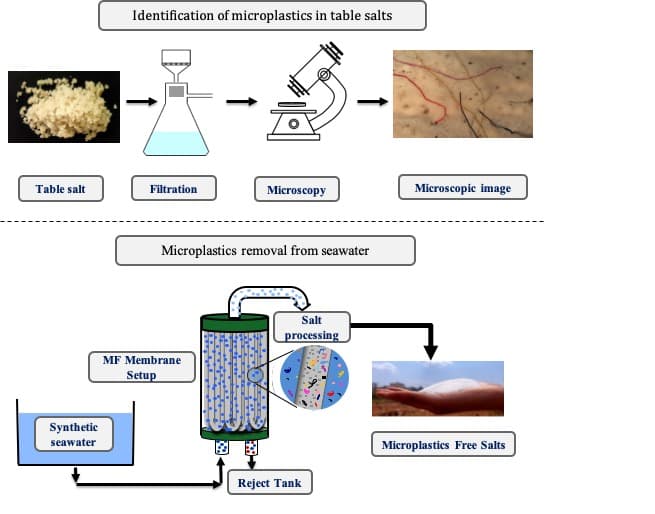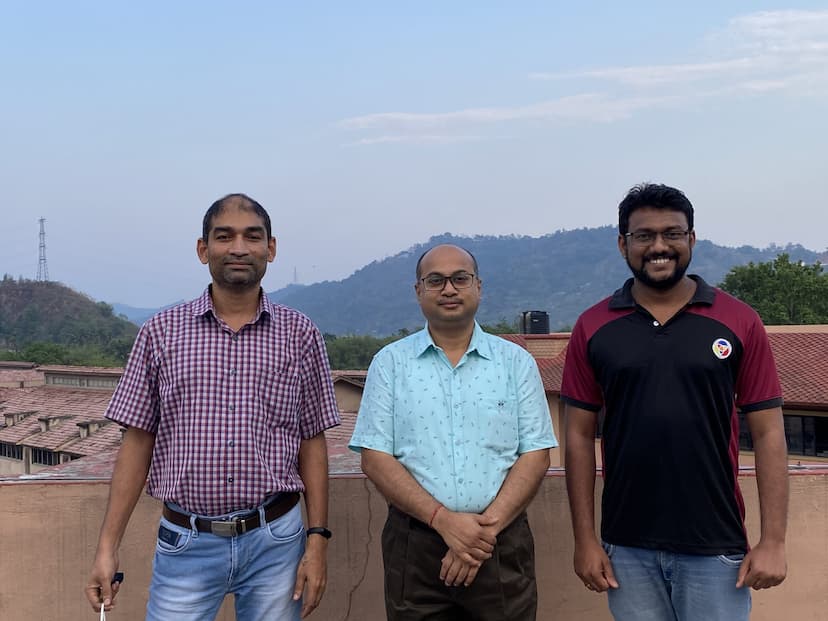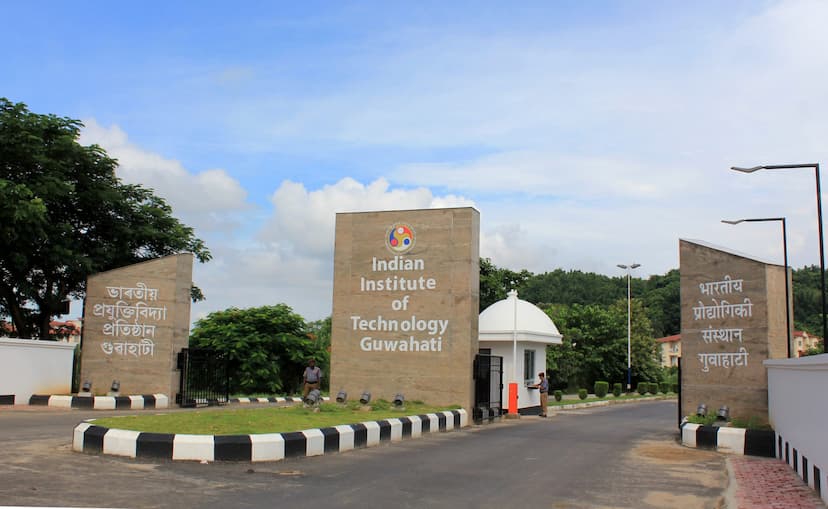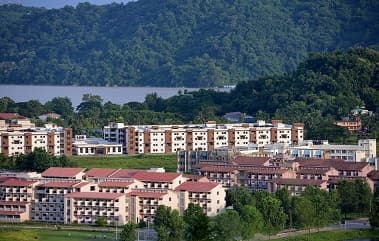IIT Guwahati researchers develop great microfiltration process

IIT Guwahati researchers proved their mettle once again by developing a microfiltration process to remove microplastics from seawater.
Removal of microplastics from seawater ensures no plastic residues are present in the edible salt extracted from seawater.


Professor Kaustubha Mohanty and Dr. Senthilmurugan Subbiah, Department of Chemical Engineering at IIT Guwahati have recently published the results of this research in the journal Environmental Technology & Innovation, in a paper co-authored by their research scholar, Mr. Naveenkumar Ashok Yaranal.
Plastic pollution is rampant all over the world and while there is some level of awareness, the seriousness is not yet understood, say IIT Guwahati researchers.
Micro-plastics – plastic pieces smaller than one-fifth of an inch – are now found in almost all oceans and marine animals.

IIT Guwahati researchers develop great microfiltration process
What’s worse, sea salt has been found to have considerable amounts of micro-plastic.
Research performed in East Asia has shown that 90 percent of the table salt brands sampled worldwide has micro-plastics.
Another study by IIT Bombay showed that eight brands of Indian sea salt were contaminated with micrometre sized particles of polyesters, polyethylene terephthalate (PET), polyamide, polyethylene and polystyrene.
Micro-plastics ingested by human beings can disrupt hormones, leading to infertility, and cause nervous system problems, and even cancer, say IIT Guwahati researchers.

While there have been many studies to identify and quantify micro-plastics in various food products, including salt, there have been fewer attempts at finding ways to remove them.
IIT Guwahati researchers have, for the first time, shown efficient removal of micro-plastics from synthetic seawater using hollow fibre microfiltration (HF-MF) membranes.
Read More – Most toughest exams in India
Speaking about the work, Dr. Mohanty, one of IIT Guwahati researchers said in our hollow fibre membrane filter, hundreds of tiny straw-like tubes are bundled together to create a filter matrix.

The walls of these tubes are filled with microscopic pores, and when water is passed through the tubes, the micro-plastics are trapped inside, thus freeing water of this pollutant, say IIT Guwahati researchers.
Hollow fibre membranes are already used extensively in daily life applications such as RO pre-treatment, industrial water/wastewater, juice processing, and other biotech applications, including in dialysis membranes used for kidney ailments.
The hollow fibres are made of many kinds of materials and the ones used by the IITG team was made of polypropylene and a silk protein called sericin, say IIT Guwahati researchers.
‘We were able to remove 99.3 % of the micro-plastics present in seawater, without any reduction in the salt content,’ say IIT Guwahati researchers.

The researcher clarifies that this can only remove micro-plastics from seawater before salt extraction, and obviously cannot remove micro-plastics that get added during salt production, such as through the use of descaling agents in the desalination process itself.
Some advantages of hollow fibre membrane technology that make it promising for pre-treatment of seawater include simplicity of installation and use, cost effectiveness, no need for power supply, no generation of waste, and operability under low water pressure.
About IIT Guwahati
Indian Institute of Technology (IIT) Guwahati established in 1994 has completed 25 years of glorious existence in 2019.
At present, the Institute has eleven departments and five inter-disciplinary academic centres covering all the major engineering, science and humanities disciplines, offering BTech, BDes, MA, MDes, MTech, MSc and PhD programmes.
The Institute offers a residential campus to 412 faculty members and more than 6,000 students at present. Besides its laurels in teaching and research, IIT Guwahati has been able to fulfil the aspirations of people of the North East region to a great extent since its inception in 1994.
The picturesque campus is on a sprawling 285 hectares plot on the north bank of the Brahmaputra, around 20 kms from the heart of the Guwahati city.
IIT Guwahati is the only academic institution in India that occupied a place among the top 100 world universities – under 50 years of age – ranked by the London-based Times Higher Education (THE) in the year 2014 and continues to maintain its superior position even today in various International Rankings.
The Institute has been ranked at 6th position in ‘India Overall Rank’ and 350th position under the ‘World Overall Rank’ categories released by Nature Index for the year 2020.
Along with the seven other institutes, IIT Guwahati has been ranked below 500 in the QS World ranking released recently.

Among other frontier areas of research and innovation, IIT Guwahati is working towards augmenting critical science research initiatives in Genomics, Developmental Biology, Health Care and Bioinformatics, Flexible Electronics, Advanced Functional Materials, Sustainable Polymers, Rural Technologies, Disaster Resilience and Risk Reduction and Water Resources and Management.
IIT Guwahati is poised to scale newer heights through all round growth and development.
S Vishnu Sharmaa now works with collegechalo.com in the news team. His work involves writing articles related to the education sector in India with a keen focus on higher education issues. Journalism has always been a passion for him. He has more than 10 years of enriching experience with various media organizations like Eenadu, Webdunia, News Today, Infodea. He also has a strong interest in writing about defence and railway related issues.






